Company Valuations
Valuing your company appropriately is critical when entering the fundraising stage of scaling your SME.
OVERVIEW
Are you thinking of growing or selling your business? If so, you will likely need to raise funding.
Funding mainly comes in two forms: debt funding and equity funding. Debt funding is where the business raises money by taking a loan in exchange for repayment + interest.
Equity funding is where you give up a percentage of your company in exchange for funds invested in your business by a third party. In order for an investor to provide funding, whether it is debt or equity funding, they need to have an idea of the value of your business.



WHAT’S INCLUDED
Get access to the right financial direction for your growing business.
So, how much is your business worth?
Owners and investors value a business differently. Here’s what a potential investor is looking for.
You know how much money, time and effort you have put into your business over the years, so it seems fair to value the business based on these metrics. It may sound harsh, but an investor isn’t particularly interested in how much time and money you’ve sunk into your business when looking to determine its market value. These are seen as necessary to create a viable entity worthy of investment. What your investor is interested in are the future profits and potential cash flow.


How do investors value your business?
Some professionals use historical financial data to project how your business will perform in the future. This has limitations when trying to understand the fair value of the business as its present and future form could differ vastly from the past with regard to operations, finances and performance. A number of factors could change such as:
- New product or service lines, increasing revenue-generating opportunities
- Longer, more lucrative contracts
- Greater staffing requirements
- Better distribution channels and network partners
- Technological breakthroughs
The discounted cash flow valuation model
This valuation model can be broken down into a financial forecast model and a valuation model.
To determine the current market value of your business, investors generally use a discounted cash flow valuation model, which can be broken down into a financial forecast and a valuation model. The financial forecast model includes a budgeted income statement, balance sheet and cash flow forecast for 3 to 5 years. These will include assumptions around sales revenue and growth, gross profit margins, expense growth and business assets that need to be purchased over that period.
The valuation model uses the cash flow forecast and discounts future cash flows based on a set rate to determine what the value of those cash flows would be today. The valuation model is not a guarantee of what the business is worth, but it is a starting point for negotiations.


The process of negotiating a value for your business
The business owner and potential investor need to consider several factors when agreeing on a valuation.
The use of various valuation models is useful in order to create a generalized starting point for negotiation. If you do not have a starting point for agreeing on a valuation, an investor could make you a “low-ball” offer for your business, and you would lose out in the long run. There are also drawbacks when the opposite is true and the business is over-valued and the investor offers too much money. Many people may think that you have made it, but if your business does not deliver the results based on the amount that the investor has paid, there could be clawback payments that come into effect or your reputation could suffer due to under-performance which can sometimes be more damaging.
Value is also based on markets forces such as supply and demand. The potential investor may have a strong network and the ability to open doors to additional distribution channels which boost sales for your business or provide strategic guidance that facilitates growth. You may be willing to give this type of active investor a better price compared to a passive investor that is more inclined to add value solely through capital than with their time and expertise.
As part of the negotiations, an investor might disagree with some of the assumptions used in your financial model and valuation model. If those assumptions are updated based on the investor’s expectations, you can gain an understanding of what value the investor is placing on your business when taking certain variables into account.
Make sure you are ready for the fundraising process
OCFO can assist in getting your financial statements in order and your business “funding ready.”
In addition to the business valuation, there are several other steps in the funding readiness process that need to be considered and addressed before an investor is confident and willing to invest in your business. Getting your business “funding ready” ahead of engaging with potential investors is one of the best ways of increasing its value before starting the negotiation process.

TESTIMONIALS
What Our Clients Say.
Entrepreneurs change the world. They create growth, job opportunities and social impact. We serve entrepreneurs! Hundreds of founders and management teams tap into the expertise of their trusted finance and accounting partner to help scale their companies.
Business is about people. When you partner with Outsourced CFO, a finance professional or team with the right mix of knowledge, skills and experience is personally matched with your company – working with you to create a world class finance function for your growing company. Your success story is our success story.








PARTNERS
Our Clients.
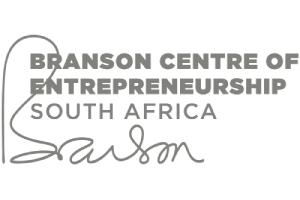
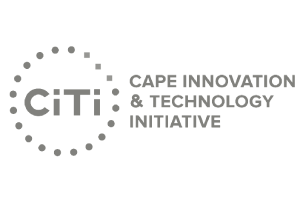
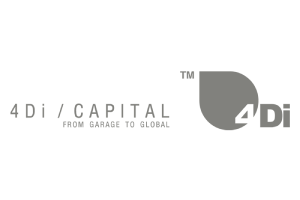
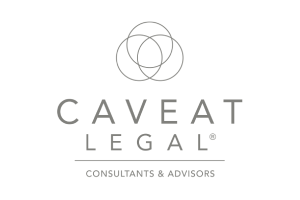
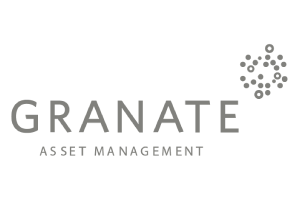

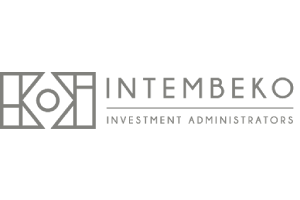
RESOURCES
Read Our Latest Insights.

Exploring OCFO’s Fintech Solutions for Streamlining Your Business
Outsourced CFO’s Key Features, Benefits and Technologies in Fintech Don’t get left behind by using server-based, legacy technology to run your business. With Outsourced CFO

Benefits of Fintech on Business Operations
“FinTech is transforming finance into a digital, real-time, and customer-focused industry. It’s breaking down barriers and creating new opportunities for businesses and consumers alike.” –

Introduction to Outsourced CFO’s Fintech and Business Solutions
“The world is changing very fast. Big will not beat small anymore. It will be the fast beating the slow.” – Rupert Murdoch, Media Mogul
FAQ
Frequently Asked Questions
What is a business valuation?
Business valuation is a process used to calculate the value of an owner’s interest or share in a business. Various valuation techniques are used by financial market participants to determine the price they are willing to pay or receive to effect a sale of the business. Generally, the valuation process analyzes all aspects of the business, including expected future cash flows, earnings and costs, the company’s management, capital structure, and the market value of its assets.
How is the valuation of a company calculated?
There are many ways in which to value a business. A few examples are:
- Discounted Cash Flow model: The future cash flows expected from a business for the next few years are discounted to today’s value of that cash flow.
- Future Earnings: Evaluate the company based on its ability to produce wealth and income in the future.
- Earnings multiples: E.g. Similar businesses are bought for 5 times this year’s earnings. Therefore your business could be worth 5 times your current earnings.
- Similar market value: Estimate what the company is worth based on similar businesses that have recently been sold.
- Assets: Sum up all of the investments in the company to determine the value of the business.
How to get valuation of company?
A business valuation is an independent appraisal of the worth of your company, and it pays to get professional, unbiased external financial experts like the team at OCFO in to assist with this process.
Why is a business valuation important?
Knowing the value of your business is critical for acquisitions, exit-planning strategies and the general health and well-being of your business. If you’re seeking financing from lenders, investment bankers or venture capitalists, valuations are done for the sale and purchase of a company. Having a good valuation in place for your business is a starting point for negotiations. This allows you to avoid selling your business at a massive discount or expecting an amount significantly higher than what the market is willing to pay.
GET IN TOUCH
CFO Services
Please fill in your details below and one of our consultants will be in touch within the next 24 hours.
Services Lead Enquiry Form
"*" indicates required fields